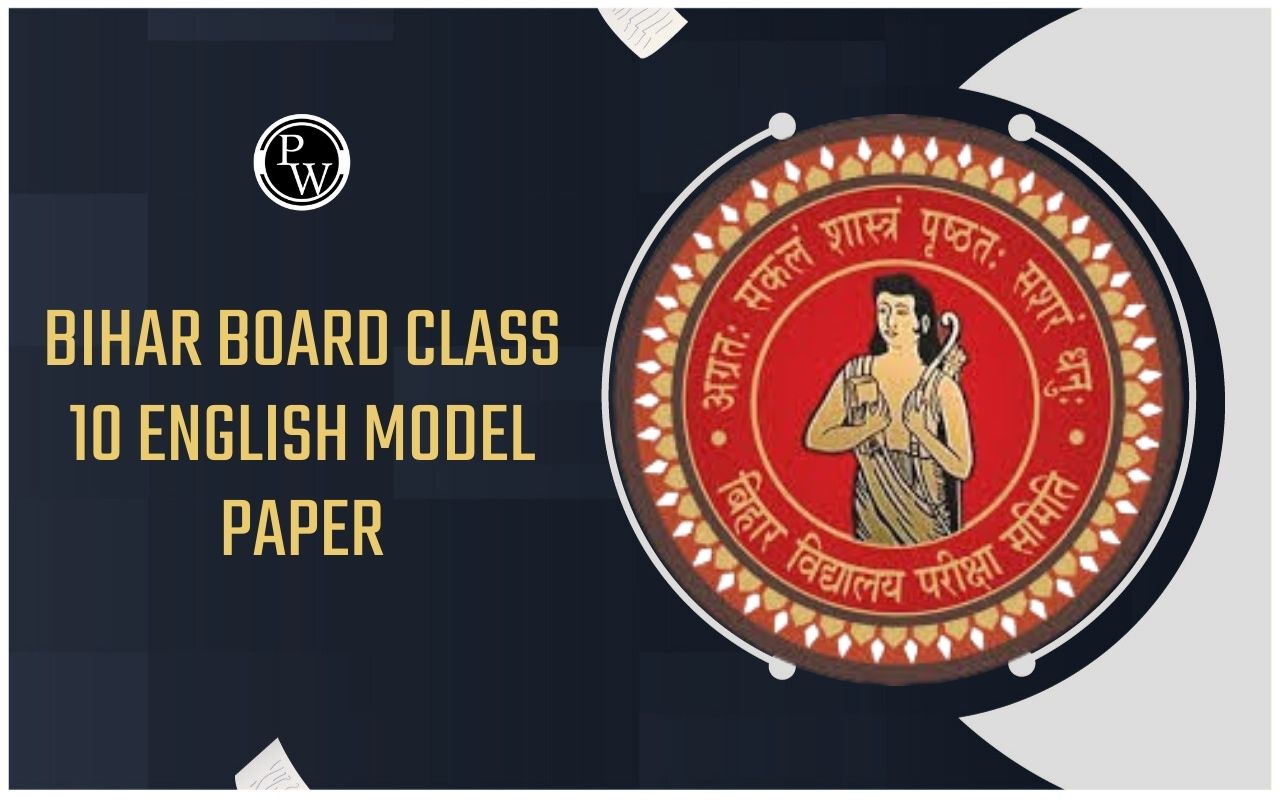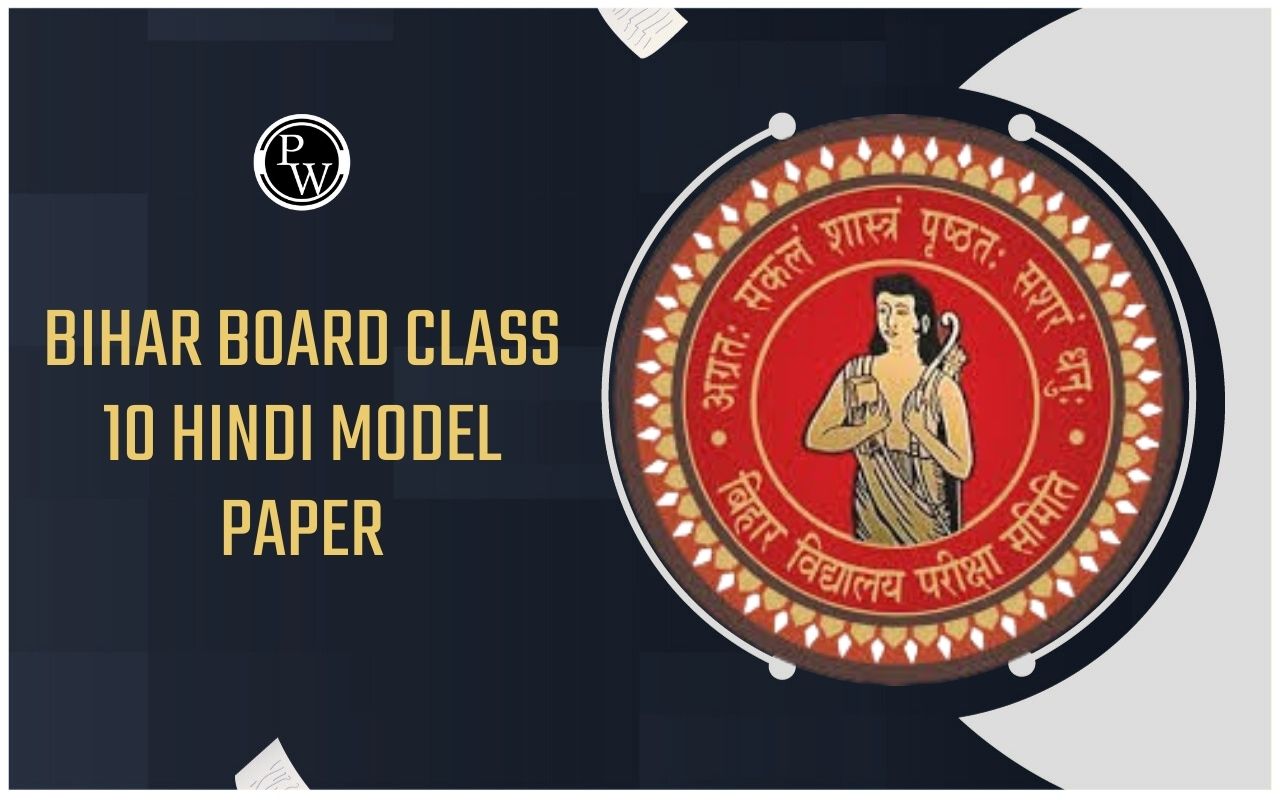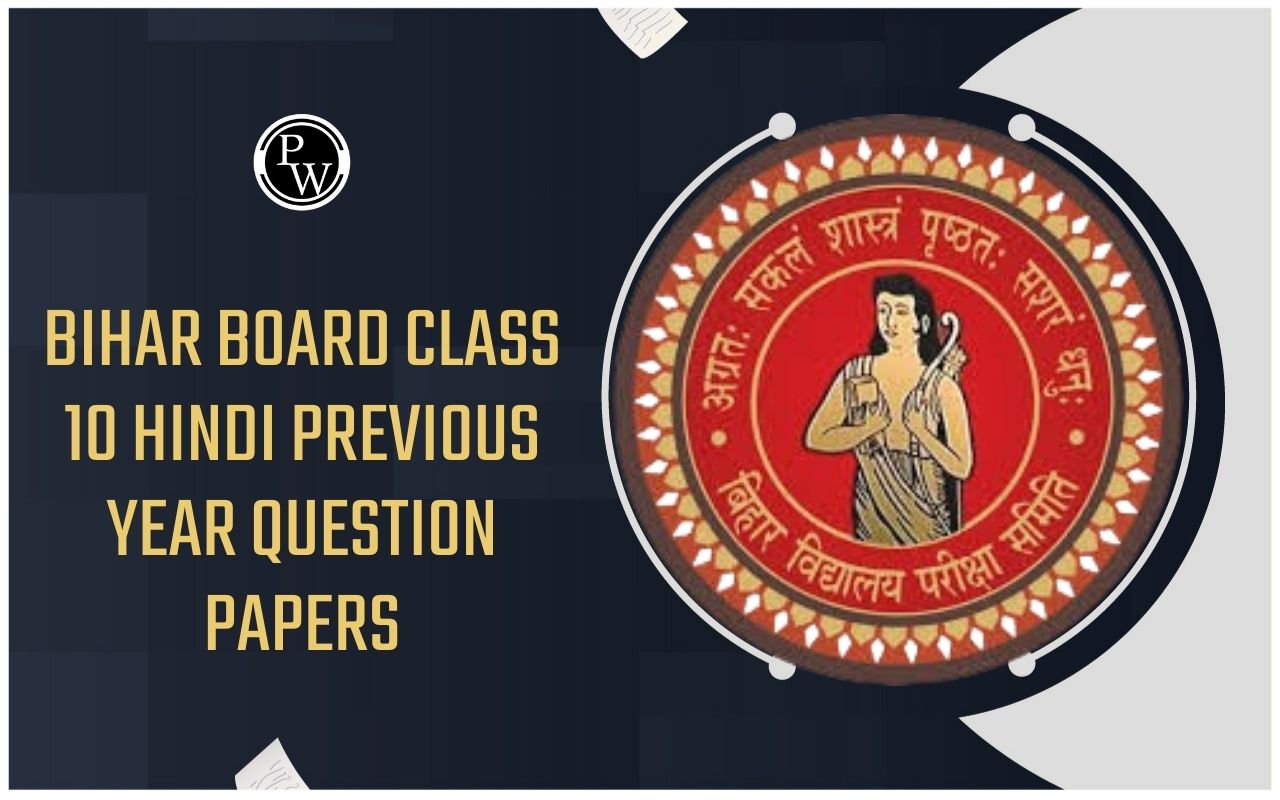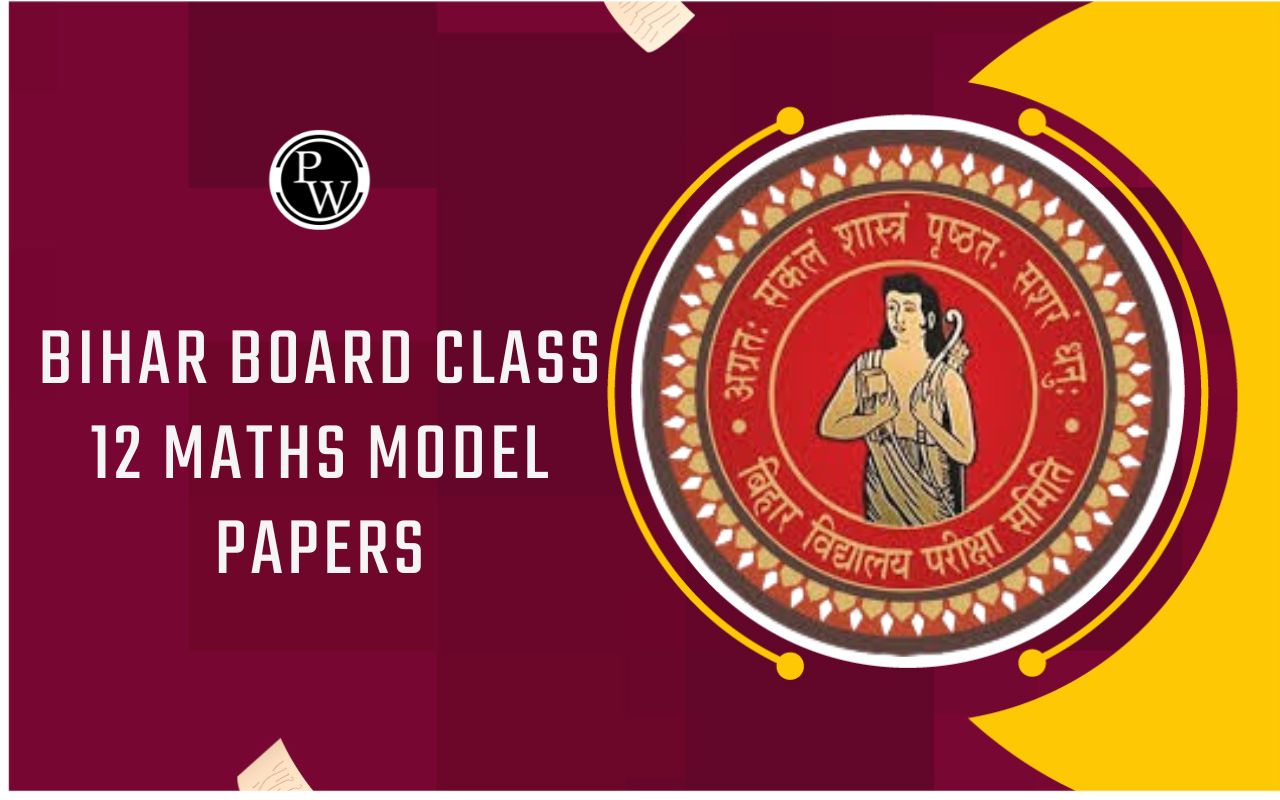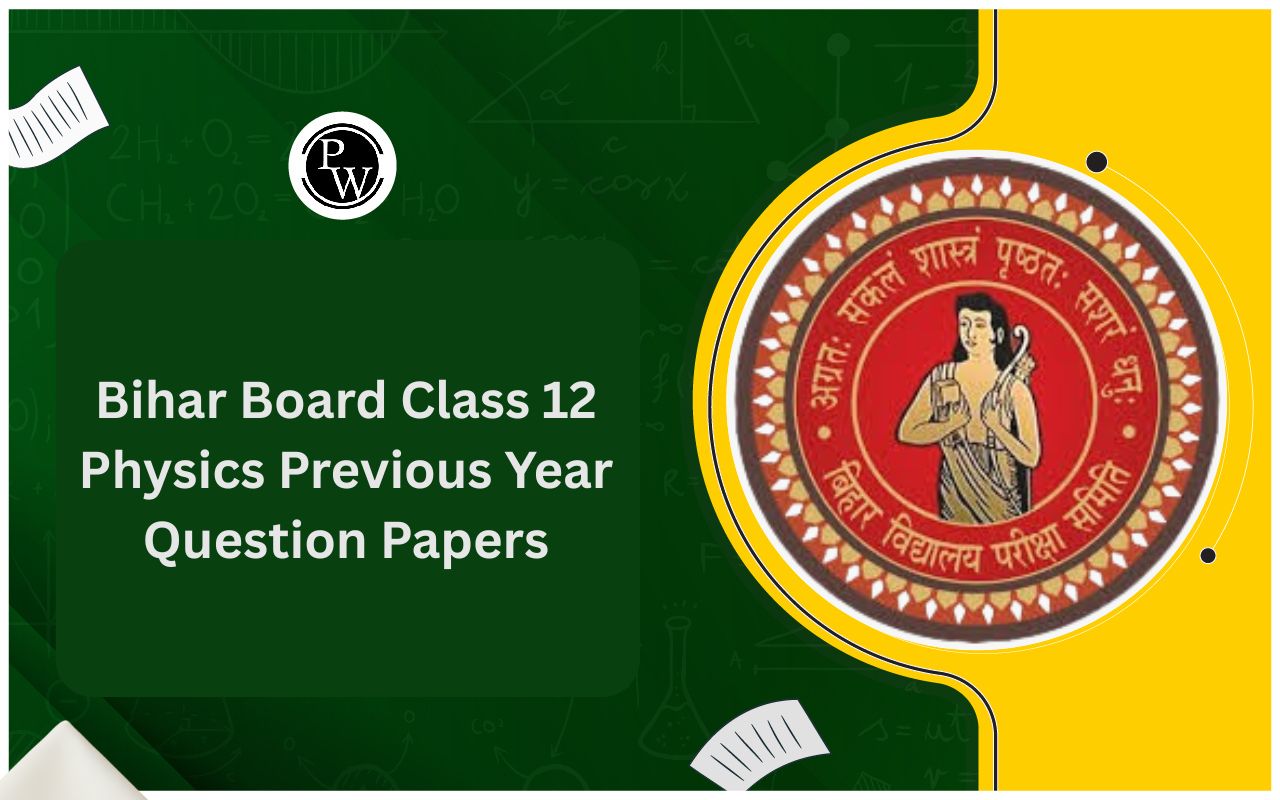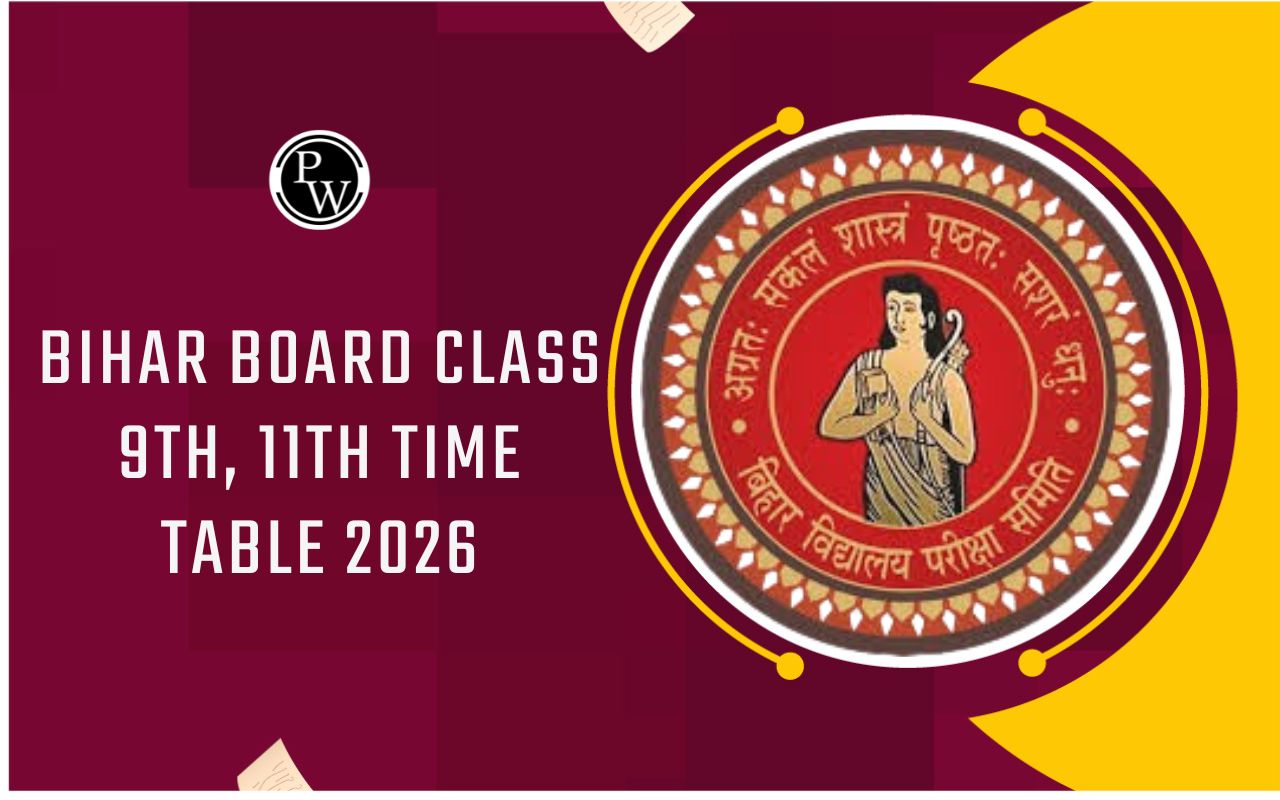
Bihar Board Class 12 English Poem Handwritten Notes Chapter 2: English poetry plays a key role in the Bihar Board Class 12 syllabus, and understanding each poem thoroughly is essential for securing good marks.
Among the poems included, Chapter 2: Song of Myself by Walt Whitman is known for its philosophical depth and free-verse structure. As it is philosophical, the poem is complex at first because of its abstract ideas and unique style. That's why it is important to have clear and concise handwritten notes that can be a helpful resource during preparation.
PW handwritten notes for Bihar Board Class 12th English simplify the main themes, highlight important lines, and include relevant objective questions. These objective questions will help in revision as well as preparing for class tests.
Bihar Board Class 12 English Poem Handwritten Notes Chapter 2 Song of Myself Download PDF
Chapter 2, Song of Myself, is one of the most important poems in the Bihar Board Class 12 English syllabus. Handwritten notes for this chapter are helpful for students who prefer simplified explanations, key lines, and direct question-answer formats. PW handwritten notes will help in quick revisions and help you understand the poet’s thoughts and tone.
Bihar Board Class 12 English Poem Handwritten Notes Chapter 2
Study without using the internet
Bihar Board Class 12 English Poem Handwritten Notes Chapter 2 Song of Myself
“Song of Myself” is an extract from the larger collection Leaves of Grass written by Walt Whitman, a renowned American poet. The poem celebrates the self, nature, freedom, and the interconnectedness of all living beings. Whitman uses free verse, breaking away from traditional poetic structures, making him the “Father of Free Verse.”
In this poem, the speaker, who is Whitman himself, expresses that every individual is divine and unique. He observes nature with admiration, believes in equality, and rejects rigid systems like traditional creeds and schools of thought. The poet reflects on the human soul, the body, life, death, and the eternal bond between humans and nature.
The core themes of “Song of Myself” include universal brotherhood, freedom of expression, love for nature, spiritual self and soul, and patriotism.
Objective Question:
Q- Who has composed the poem "Song of Myself"?
(A) Emerson (B) Tennyson (c) Wall whitman' (D) None of these
Ans- (C)
Q- Whitman died in _____
(A) 1889 (B) 1890 (C) 1891 (D) 1892
Ans- (D)
Q- Whitman was _____ poet.
(A) An indian (B) An American (C) A British (D) None of these
Ans (B)
Q- Whitman was born in
(A) 1817 (B) 1818 (C) 1819 (D) 1820
Ans-(c)
Q- The word 'schools stands for in "song of myself""
(A) Academy (B) system of thought (C) Teaching institute (D) love
Ans-(B)
Q- The opening section of "song of myself" is entitled.
(A) Grass (B) Animal (c) I celebrate myself (D) None of these
Ans-(c)
Q- Song of Myself is
(A) A lyric (B) An Epic (C) A sonnet (D) story
Ans-(A)
Q- How many times the word 'you' has been used in "Song of myself"?
(A) One (B) Two (C) Three (D) None of these
Ans-(B)
Q- According to 'Song of myself' the speaker is a great lover of _____
(A) Arts (B) Science (c) Commerce (d) Nature
Ans-(D)
Q- "Hoping to cease not till death" is a line from-
(A) The Soldier (B) ode of Autumn (c) Snake (D) None of these
Ans-(D)
Q- Nature without check with Original ____.
(A) Power (B) Energy (c) Force (D) Hope
Ans-(B)
Q-Who himself is the speaker in "song of myself"?
(A) Emerson (B) Tannyson (c) walt whitman (D) None of these
Ans-(c)
Q. And what I assume you shall _____.
(A) Pressure (B) Assume (C) understand (D) None of these
Ans-(B)
Q- What is inevitable?
(A) life (B) Death (c) walking (D) Running
Ans-(B)
Q- Creeds and school _____
(A) of obeyant (B) of obeyance (c) in obeyance (D) in obeyance
Ans-(D)
Q- Who is the "father of free verse" in the poem?
(A) John Dan ne (B) walt whitman (C) TS Eliot (D) Keki N. Daruwala
Ans-(B)
Q- What does walt whitman hope to do?
(A) Continue work (B) stop work (c) learn new work (D) None of these
Ans-(A)
Q- I loaf and invite my _____.
(A). Mother (B) wife (c) family (D) soul
Ans-(D)
Q- What does the poet observe in summer?
(A) spike of grass (B) yellow grass (c) Greed (D) Blood
Ans- (A)
Bihar Board Class 12 English Poem Handwritten Notes Chapter 2 FAQs
What is the main message of "Song of Myself" in Class 12 English?
Why is Walt Whitman called the father of free verse?
Is Song of Myself included in the Bihar Board English exam?
How can I download handwritten notes for Chapter 2 English Poem?
What kind of questions are asked from Song of Myself in the Bihar Board Class 12th exams?


